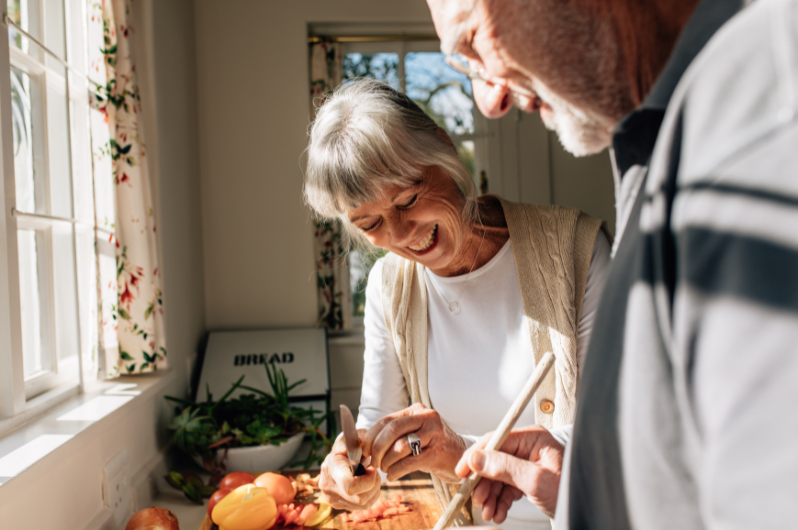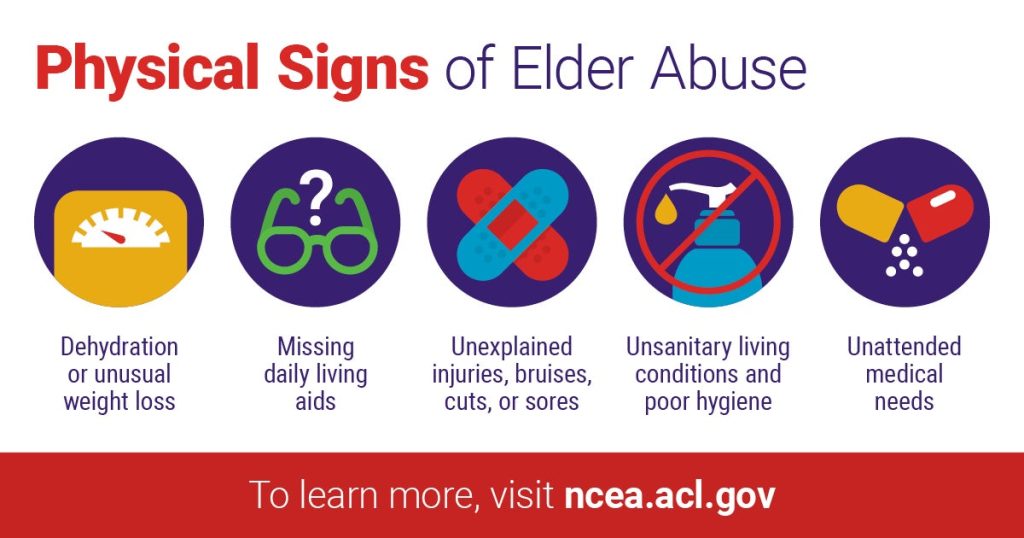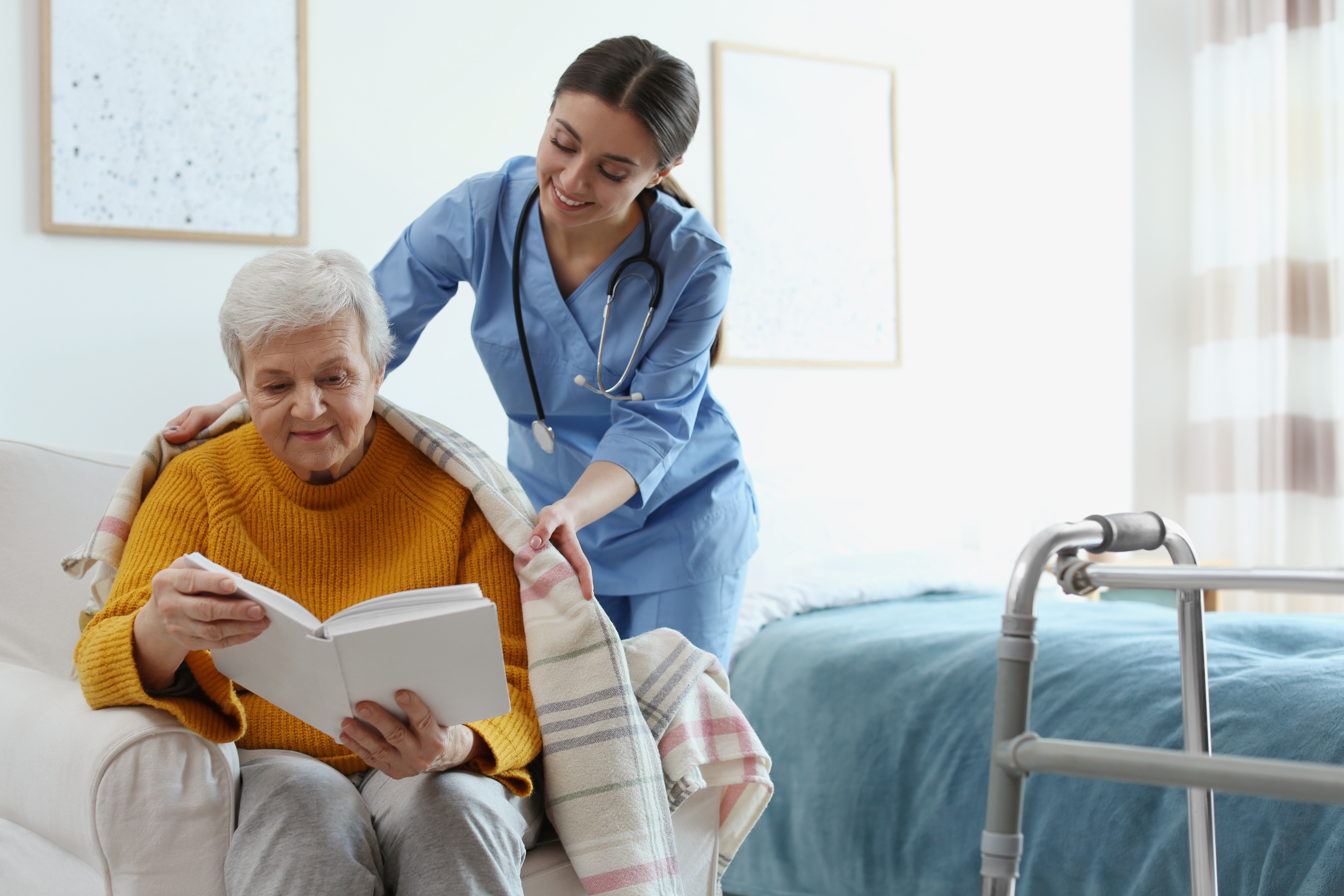Ensuring senior citizen rights and protecting against elder abuse
Senior citizens are a valuable part of our society, and they deserve to be treated with dignity and respect. Unfortunately, elder abuse is a serious problem that affects millions of seniors each year.
There are many different types of elder abuse, including physical abuse, emotional abuse, financial abuse, and neglect. Elder abuse can happen anywhere, including in the home, in nursing homes, and in assisted living facilities.
It is important to be aware of the signs of elder abuse so that you can report it if you see it. Some common signs of elder abuse include:
- Bruises, cuts, or other injuries
- Malnutrition or dehydration
- Bedsores
- Withdrawal from social activities
- Changes in mood or behavior
- Financial problems
If you suspect that a senior citizen is being abused, you should report it to the authorities immediately. You can also contact a local elder advocacy organization for help.
There are a number of things that can be done to ensure senior citizen rights and protect against elder abuse. These include:
- Education: One of the best ways to prevent elder abuse is to educate seniors and their families about the signs of abuse and how to report it.
- Outreach: It is important to reach out to seniors and make sure that they are aware of their rights and the resources that are available to them.
- Legislation: Strong laws and regulations are needed to protect seniors from abuse and neglect.
- Enforcement: Law enforcement and other agencies must be vigilant in enforcing elder abuse laws and regulations.
In addition to these general measures, there are a number of things that individuals can do to help protect senior citizens from abuse. These include:
- Checking in on seniors regularly: If you have a senior neighbor or loved one, make sure to check in on them regularly to see how they are doing.
- Being aware of the signs of abuse: Be aware of the signs of elder abuse and report it if you see it.
- Talking to seniors about their rights: Talk to seniors about their rights and the resources that are available to them.
- Helping seniors to stay connected: Encourage seniors to stay connected with their friends and family.
By taking these steps, we can help to ensure that senior citizens are treated with dignity and respect, and that they are protected from abuse.
Here are some additional tips for preventing elder abuse:
- Encourage seniors to stay independent: Help seniors to stay independent and active in their communities. This can help to reduce their risk of isolation and abuse.

- Support caregivers: Caregivers play a vital role in the lives of seniors. Provide support to caregivers to help them with their tasks and to reduce their stress levels.
- Be vigilant: Be vigilant for signs of elder abuse and report it if you see it. You can make a difference in the life of a senior citizen.

Should senior citizens be restrained in care homes?
The short answer is no. Physical restraints should only be used in the rarest of circumstances, and only as a last resort.
There are a number of reasons why physical restraints should be avoided. First, they can cause a number of physical and psychological problems for seniors, including:
- Increased risk of falls and injuries
- Pressure sores
- Constipation
- Urinary incontinence
- Muscle atrophy
- Depression
- Anxiety
- Loss of dignity
Second, physical restraints can interfere with seniors' ability to participate in activities of daily living, such as eating, bathing, and dressing. This can lead to further physical decline and social isolation.
Third, physical restraints can be abused by caregivers. Caregivers may use restraints to control seniors or to make their jobs easier.
There are a number of alternative strategies that can be used to manage seniors' behaviors without resorting to physical restraints. These include:
- Behavioral management: This involves identifying and addressing the underlying causes of the senior's behavior. For example, if a senior is wandering because they are bored, caregivers can provide them with more stimulating activities.
- Environmental modifications: This involves making changes to the senior's environment to make it safer and more conducive to their well-being. For example, if a senior is prone to falls, caregivers can remove tripping hazards from their room.
- Medication management: In some cases, medication can be used to help manage certain behaviors, such as agitation or aggression. However, medication should only be used as a last resort, and only under the supervision of a doctor.
If a care home is using physical restraints on a regular basis, this is a red flag that there may be problems with the quality of care. Seniors have the right to be treated with dignity and respect, and this includes being free from physical restraints.
If you are concerned that a senior you know is being restrained in a care home, you should contact the state licensing board or a local elder abuse advocacy organization.





































